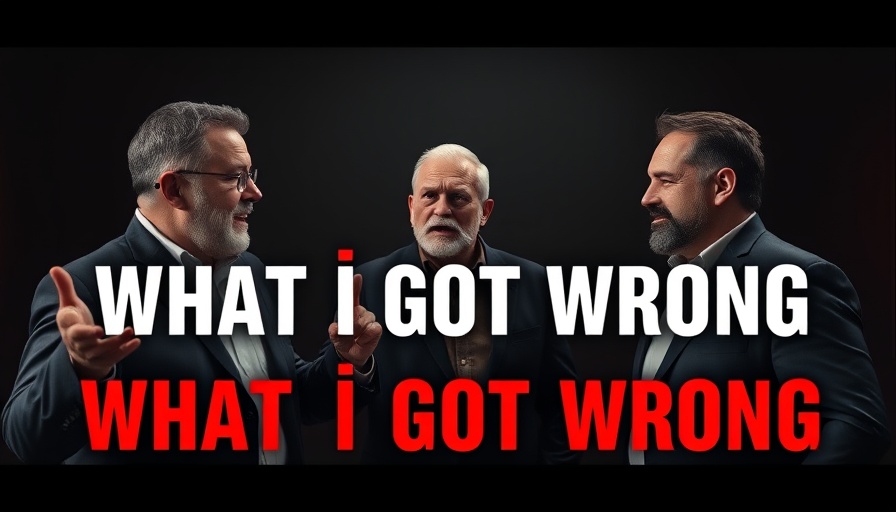Why Did Jesus Die for Us? Understanding Penal Substitution
Introduction: What Happened at the Cross?
The Bible tells us that Jesus died on the cross to save us from our sins. But how does that work? How can Jesus take our place and be punished for something He didn’t do?
This idea is called penal substitution. It’s a big phrase, but it simply means that Jesus took the punishment (penal) that we deserved by dying instead of us (substitution). In this article, we’ll explore what the Bible says about this and answer some big questions people have.
What Is Penal Substitution?
Penal substitution means Jesus suffered the punishment we deserve so that we can be forgiven. A helpful way to say it is:
“God gave Himself, in the person of His Son, to suffer the punishment and curse due to fallen humanity as the penalty for sin.”
The Bible says:
“He was pierced for our transgressions, he was crushed for our iniquities; the punishment that brought us peace was on him…” (Isaiah 53:5, NIV)
Why Do We Need This?
The Bible teaches that all people have sinned (Romans 3:23). Sin separates us from God and brings punishment.
“The wages of sin is death…” (Romans 6:23a, NIV)
But Jesus, who never sinned, took that punishment for us:
“God made him who had no sin to be sin for us, so that in him we might become the righteousness of God.” (2 Corinthians 5:21, NIV)
Isn’t It Unfair to Punish Someone Who Is Innocent?
Some people say it seems unfair for Jesus to be punished when He did nothing wrong. But the Bible teaches something called imputation. That means our sins were placed on Jesus as if they were His—even though He never sinned.
Jesus didn’t become a sinner, but He was treated as if He were guilty, so we could be treated as if we were innocent.
This is like a trade: Jesus takes our sin, and we receive His goodness.
Did Jesus Really Pay for Our Sins?
Yes! The Bible says:
“He himself bore our sins in his body on the cross…” (1 Peter 2:24, NIV)
Some ask, “If Jesus only suffered for one weekend, how can that be fair compared to eternal punishment in hell?” The answer is: Jesus is worth more than anyone else. Because He is both fully God and fully man, His suffering is greater than ours could ever be.
His death was not just about time—it was about value. One perfect life, offered willingly, is enough to save all who believe.
Doesn’t Forgiveness Mean You Cancel a Debt?
Another question people ask is this: “If Jesus paid for my sin, then God didn’t really forgive—it’s just a payment.”
But think about it like this: If someone owes a bank £1,000 and a friend pays the debt, the bank still forgives the person from paying—it just came at a cost.
In the same way, forgiveness in the Bible is free to us but costly to Jesus.
Do Human Laws Allow This Kind of Substitution?
Yes! Some people think this idea is strange because they believe no one can be punished for someone else’s crime. But in real life, we have something called vicarious liability.
For example, in law, an employer can be held responsible for what an employee does—even if the employer didn’t do anything wrong. This shows that humans already understand how responsibility can be shared or transferred.
So the idea that someone could take responsibility for another person’s wrongdoing isn’t strange at all.
Was Jesus Forced to Do It?
Not at all! Jesus chose to die for us. He said:
“No one takes it from me, but I lay it down of my own accord.” (John 10:18, NIV)
His death was a voluntary act of love. He wasn’t taken against His will.
What About God’s Justice?
Some people say, “God should just forgive everyone.” But the Bible says God is a just judge. He doesn’t ignore sin—He deals with it.
“He will by no means leave the guilty unpunished.” (Exodus 34:7, ESV)
At the cross, we see God’s justice and love come together. Jesus took the punishment so that God could forgive us without ignoring sin.
Didn’t God Forgive People in the Old Testament?
Yes, He did! But how? The Bible says God was patient, waiting for the right time to fully deal with sin—through Jesus.
“In his forbearance he had left the sins committed beforehand unpunished—he did it to demonstrate his righteousness…” (Romans 3:25–26, NIV)
Is This Just One Theory?
Some people like other ideas like Christus Victor (Jesus defeating Satan) or moral influence (Jesus showing love). But the Bible shows that Jesus did more than win or inspire—He paid the penalty.
Without penal substitution, the cross becomes just a sad story. But with it, we see the greatest love ever shown.
Conclusion: Trusting What the Bible Says
Sometimes people say penal substitution is too hard to understand. But the Bible is clear: Jesus died for us.
“While we were still sinners, Christ died for us.” (Romans 5:8, NIV)
When you trust in Jesus, your sins are forgiven, and you’re brought back into friendship with God.
Let’s be thankful that Jesus took our place. Let’s trust God’s Word, even when it’s hard to understand. He knows what He’s doing. He is both just and full of love.
Questions to think about:
• What does it mean to you that Jesus took your place?
• How does knowing about the cross help you trust God more?
• Can you explain penal substitution to a friend?
 Add Row
Add Row  Add
Add 








 Add Row
Add Row  Add
Add 

Write A Comment